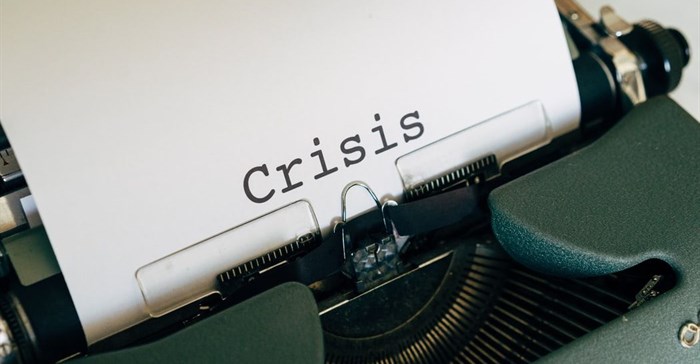As a corporate communications professional and a former journalist, I understand the co-dependent relationship that exists between the media and big business. That the public is reliant on this mutual professional (and ethical) affiliation to get a view of the inner-workings of these organisations as a means of policing their behaviours and actions, as well as their impact on broader society.
This insight, which most citizens only has access to via media, is one very powerful channel of emotionally binding society with that which big business has to offer. Business owners or leadership, believe this, among their other strategic and practical efforts, will yield an uptick in the bottom line through an increase in brand awareness and loyalty, and the purchasing of goods and services.
A driver for future reputation
On the other hand, their communications teams work tirelessly to develop these relationships with the understanding that more awareness of an organisation’s positive behaviours and actions through media activities will have positive outcomes on overall reputation among members of society and shareholders. Above all else, the hope is that this more favourable reputation will result in a ripple effect of more brand loyalty, potential investment, and possibly a pliable stakeholder’s ear required for further business growth.
The South African media, as we know, is inundated every day with communication from corporate South Africa. One after the other peddling their wares. Some of it relevant, others, arguably blatant fluffing of the feathers (yeah, we try and sometimes there’s just no avoiding it).
Nevertheless, it is in times of real crisis, as we as a nation are faced with currently, that the true nature and character of big business emerges – their accessibility, their transparency, their loyalty and commitment to society. Their visibility, actions and behaviour now more than ever before become a driver for future reputation, and whether the individual on the street resonate with them, believe in them, importantly TRUST in them.
Tell the organisation’s relevant stories of hope
Right now, the greatest focus of South Africa’s media is on government’s response to the crisis– health-wise and economically; what the fallout of this all means for business and society; and the reaction of the country’s citizens to some of the revocation of rights in the interest of mitigating and minimising the long-term negative impact. However, media’s gaze will certainly wander back to the actions of big business, asking pertinent questions, particularly because most of them are better positioned than small- and medium-sized enterprises to weather the economic storm currently raging and unlikely to abate in the months to come. Further, President Ramaphosa has called for them to play their part in fighting the pandemic.
Despite this, now is no time for big business to retreat from the public eye. Yes, they too are focused on salvaging what may be left of their operations once the lockdown comes to an end and to contemplating and planning (as best as possible) for an uncertain future, but the work of the media practitioner does not end now.
Neeran Naidoo,
Hewers 2 Apr 2020 This is their time to stand up and tell the organisation’s relevant stories of hope and even those of despair because admittedly, there will be those. The public need to know how big business is stepping up to the plate and supporting the state of affairs and society that it so often claims to care about at other times without being prompted.
Being accessible, transparent and open in communicating
In addition, it’s important to demonstrate the human character of business to ensure the brand maintains an emotional connection with stakeholders - think Edcon CEO Grant Pattison’s raw emotional conversation with SMME suppliers recently and the resulting communication on the business’s future probability of continuing operations post-Covid-19. Media and other stakeholders, including the public, have given them an empathetic ear and all companies need this understanding and support in a time of crisis. A brand can only build this level of understanding during crisis by being accessible, transparent and open in communicating consistently through thick and thin.
Society and business are linked – the one supports the other. And so, it is during this time, when the consumers of services and products who face one of the greatest mass uncertainly of their times, that big business should step forward and communicate how they are helping buffer the fallout as much as possible, as well as how they may be struggling.
A careful balance of communication should be developed so that media and the public are not overwhelmed or that communication does not border on the irrelevant or simply communicating for the sake of it.
We need to work with media and help them in this critical time to tell well-balanced and comprehensive stories that are of interest to the nation. Critically, communication and visibility during this time will indeed help build reputation and long-term trust in brands. This is such a moment and one that will indeed come back to companies in months and years from now.



























































